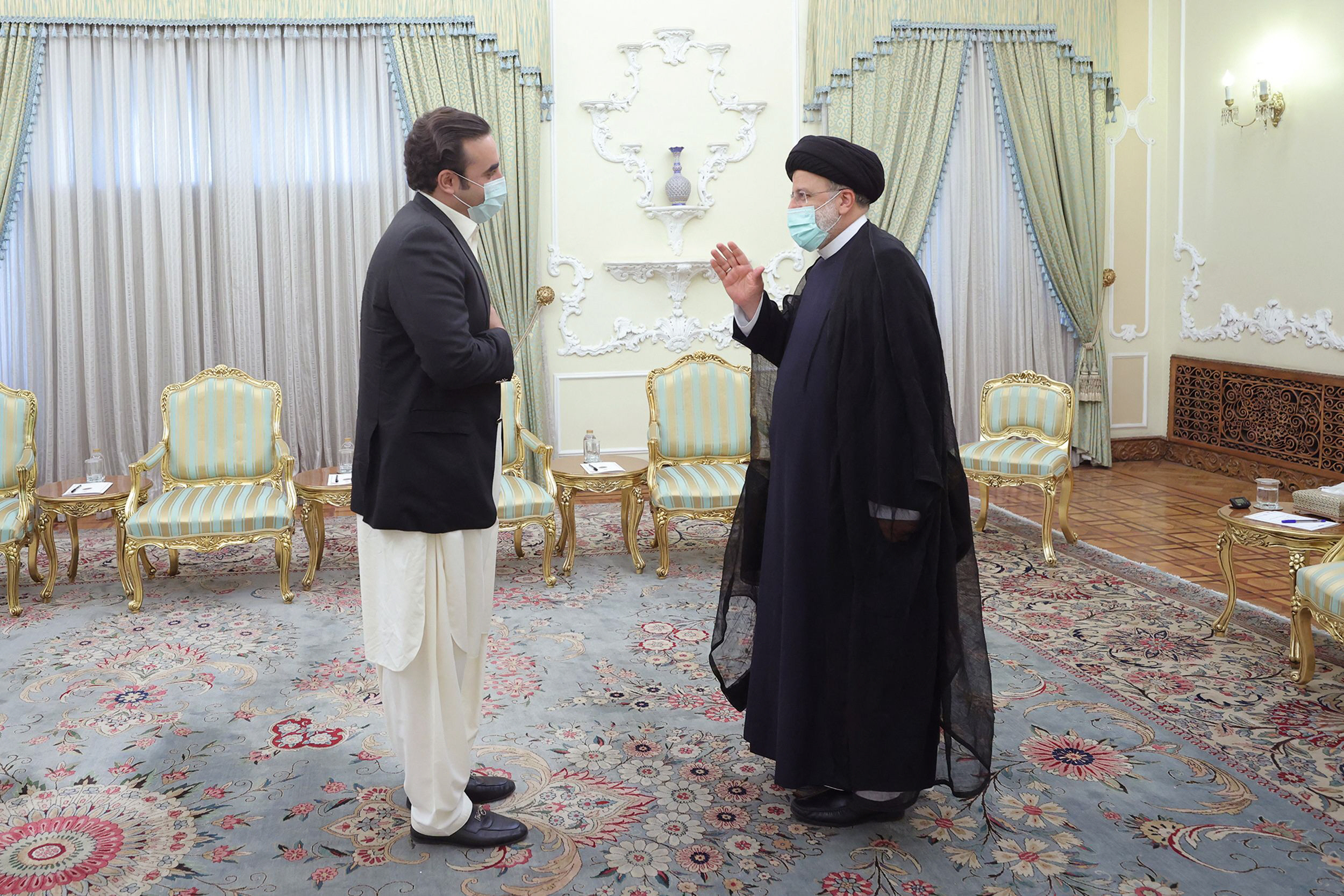
Pakistan and Iran came closer to resolve one of the major obstacles in the expansion of bilateral trade through operationalising the barter trade mechanism, Foreign Minister Bilawal Bhutto Zardari announced on Tuesday, following his talks with his Iranian counterpart in Tehran.
Speaking at a joint news conference with Iranian Foreign Minister Hossein Amir Abdollahian, Bilawal emphasised the need for formalisation of the cross-border exchanges through opening of new border crossings.
The foreign minister told the media that the promotion of trade through border marketplaces were the measures of their shared commitment to provide opportunities for enhanced economic and commercial activities.
He said that he was glad that both sides had come closer to resolving one of the major obstacles in the expansion of bilateral trade through operationalising the barter trade mechanism. “This will greatly help in improving the livelihood and welfare of the people in the border areas.”
Read: LHC orders ECP to decide plea against Bilawal within 30 days
Foreign Minister Bilawal reached the Iranian capital on Tuesday to begin a two-day visit at the invitation of Foreign Minister Abdollahian. He said that during their consultations, they took stock of the entire gamut of bilateral relations.
The two sides identified ways to enhance the bilateral ties to match their true potential, particularly in the areas of trade, investments, connectivity, border management, facilitation for Zaireen, cultural and educational cooperation, and enhancing people-to-people exchanges.
Another significant step towards strengthening the bilateral relations, Foreign Minister Bilawal said, was the commitment to strengthen energy cooperation through import of additional electricity from Iran.
In his meeting with Abdollahian, Bilawal said, he conveyed a message of goodwill and cordiality to Iranian brothers and sisters. He reiterated Pakistan’s commitment to strengthen bilateral relations with Iran in diverse areas.
“Iran is a very important neighbour of Pakistan. One with which we share immutable historic and fraternal bonds,” he said. “I can say with great satisfaction that we continue to build upon the exceedingly positive and constructive relations enjoyed by our two countries,” he added.
During the talks, the two sides also discussed possibility of exchange of sentenced persons under the existing legal framework to allow them to complete their sentences in their respective countries. Bilawal also appreciated Iran for facilitating Pakistani pilgrims.
According to the foreign minister, both sides also discussed the latest developments in Afghanistan, besides the dire situation of human rights in Indian Illegally Occupied Jammu and Kashmir (IIOJK) and the rising Islamophobia in India.
Bilawal said that Pakistan and Iran were directly affected by conflict and instability in Afghanistan. For four decades, they had hosted millions of Afghan refugees. As such, he added, they had vested interest in a peaceful, stable and prosperous Afghanistan.
Read More: Pakistan pins hopes on ‘onsite visit’ to exit FATF 'grey list'
The foreign minister said that he also briefed his Iranian counterpart on the serious situation of human rights in IIOJK. “We are grateful for Iranian leadership’s steadfast support for the just cause of Jammu and Kashmir,” he added.
The foreign minister said they also discussed the rising trend of Islamophobia in India. “It is time for international community to show a common resolve against xenophobia, intolerance and incitement to violence on the basis of religion or belief,” he maintained.
Nuclear talks
Responding to a question, Abdollahian said that Iran still believed that negotiations could succeed to revive the 2015 nuclear deal with the world powers, despite a recent rebuke from the International Atomic Energy Agency (IAEA).
“We believe negotiations and diplomacy are the best ways to reach the final point of the agreement,” Abdollahian said, adding that his country would not abandon negotiations and that “contacts in the diplomatic fields will continue” through the European Union.

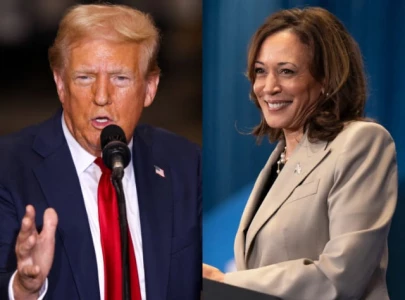


1730788481-0/BeFunky-collage-(19)1730788481-0-165x106.webp)

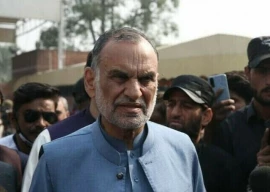

1730786905-0/£300,000-(1)1730786905-0.png)
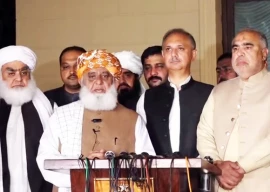



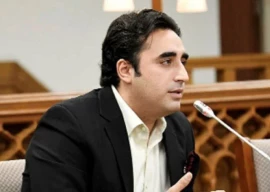
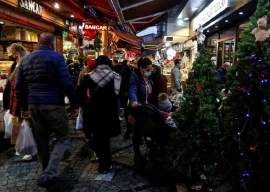




1730706072-0/Copy-of-Untitled-(2)1730706072-0-270x192.webp)
COMMENTS (1)
Comments are moderated and generally will be posted if they are on-topic and not abusive.
For more information, please see our Comments FAQ